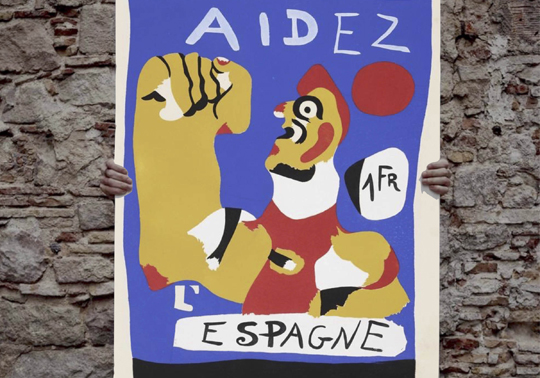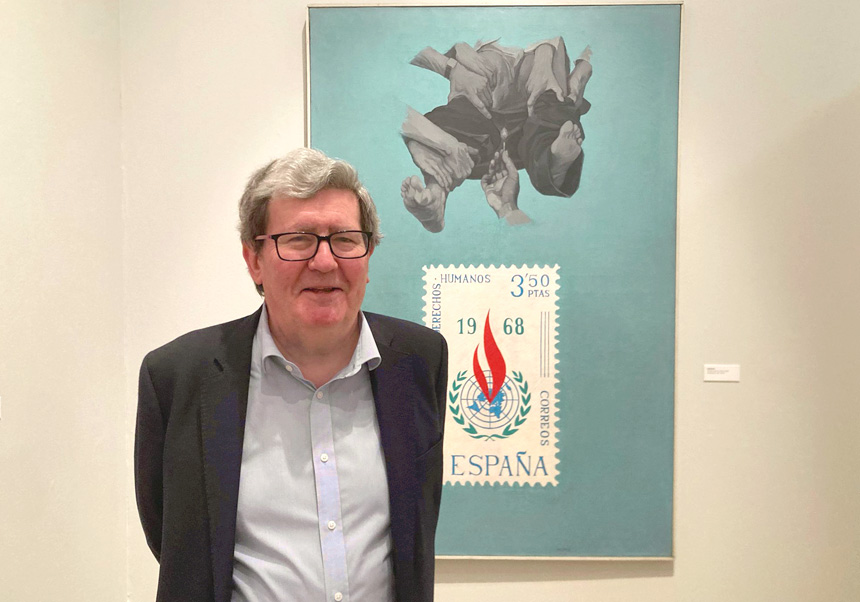La Nau hosts a round table discussion on international solidarity against fascism
- Office of the Vice-Principal for Culture and Society
- October 3rd, 2019

The Centre Cultural la Nau of the Universitat de València is hosting today, Thursday 3rd October, the round table ‘La solidaridad de los pueblos contra el fascismo: ayer, ahora y siempre. Reflexiones y testimonios’', as part of the Fòrum de Debats in the cycle of conferences of the Office of the Vice-Principal for Culture and Sport.
This debate, organised by the collective 'Al Alba' –in honour of the homonymous song that Aute, the Spanish songwriter, dedicated to the executions on 27th September 1975 – will take place on Thursday, 7 pm in the Aula Magna and will focus on the wave of international solidarity unleashed by the last death sentences carried out by Franco's regime, executed after court-martial orders without any legal guarantee, in a context of total violation of human rights and extreme repression during the last months of the dictatorship.
The round table will feature interventions by historian Ricard Camil Torres; anti-Franco fighter and member of 'Alba' Lucila Aragó; Cristina García Pascual, Professor of Law at the Universitat de València and Pascual Moreno, witness of the events of 27th September 1975. In addition, the debate will be presented and moderated by the writer and journalist Alfons Cervera, coordinator of Fòrum de Debats. Assistance to this event will be free and capacity limited.
Fraternity was one of the values reclaimed by the French Revolution, later assumed by the Spanish left with the term “solidarity”, something that has accompanied it since its identity construction and that has been applied throughout history in an exemplary manner.
Some of the unforgettable passages in the anti-fascist fight were written by the international brigades in Spain, in which thousands of young people from all over the world travelled to Spain, a country at war, to generously enrol with the Spanish people cause to face the coup d’état.
In the acquis of Spanish common lexicon, and without confusing it with compassion or charity, to be on the Spanish left today is also to oppose discrimination on the grounds of sex, against racism, not to stop mobilising for the rights of immigrants, the equality of women, against evictions, poverty, and so on. All these concepts will be discussed in the round table ‘La solidaridad de los pueblos contra el fascismo, ayer, ahora y siempre. Reflexiones y testimonios”.
File in: Conferències i debats
















